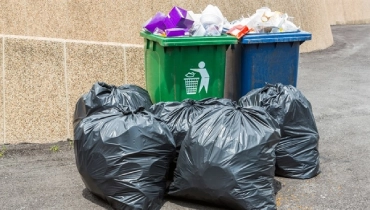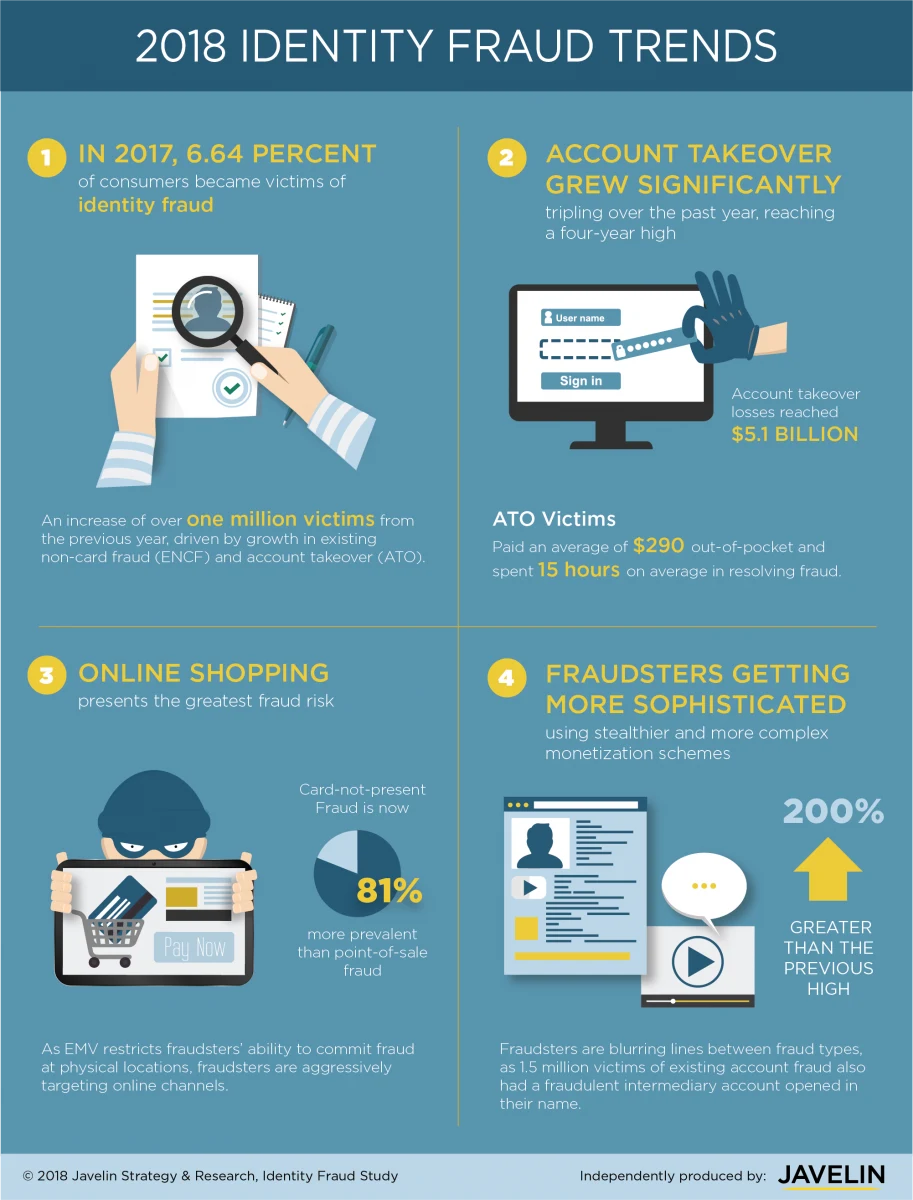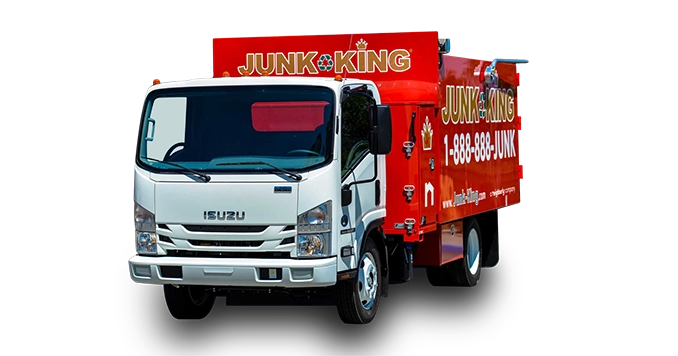
Everyone is aware of the dangers of identity theft and the increase in cyber crime. But did you know that what you have in your household junk and waste can be a goldmine for identity thieves?
How bad is it?
According to the AARP, over 13 million Americans were victims of identity fraud in 2013. And more than 100,000 complaints were filed in 2015 with the Federal Trade Commission (FTC) in New York alone, many of them involving identity theft.
An estimated 15.4 million consumers were victims of some form of ID theft in 2016, according to Javelin Strategy & Research, up from 13.1 million the year before.
We try to be safe. We change our passwords and hide our PIN numbers. We only shop online with reputable companies. Yet, too many of us undo all these precautions with the things we simply toss into the trash every day.
One of the biggest culprits is our mail. This can be what we think of as "junk mail" - those direct mail pieces that most of us tend to just throw out. But many of us also throw out old personal mail, paid bills that have been filed for a while, and many other items that may offer up a critical piece of personal information for the bad guys.
Bottom line: not all identity theft is committed online. At least, not initially.
Here is a graphic from Javelin Strategy & Research illustrating the most common types of identity fraud committed once a criminal has your personal information:

[Courtesy of Javelin Strategy & Research]
So, what can you do differently?
A post at earth911.com offers this advice:
Think about all the mail you receive with financial information: bills, tax documents and even credit card solicitations. You are likely recycling this alongside your newspaper, magazines and cardboard boxes.
The easiest way to prevent identity theft when recycling mail is to shred these documents. The problem is that shredding significantly reduces the value of the paper fiber, meaning some recyclers won’t accept shredded paper. Here are a few other ways to safely recycle mail with personal information:
1. See if your community hosts a shredding event, where you can bring documents to be destroyed and recycled. In these cases, the recycling partner is able to process shredded paper.2. Use a marker to black out your personal information, including names and numbers.
And your mail is not the only culprit (pun intended!) Other items we commonly throw into our household (or office) trash can endanger our identity security.
For example, many people go through prescription drugs on a regular basis and, when the bottle is empty, they tend to throw that in the trash. But, medication containers have your name and possibly medical information on their labels.
Once an identity thief has your empty medication containers, they can use that information to help them steal your medical identity and falsify information. An easy step to take if you want to recycle or simply dispose of an empty medication container, is to black out your information or, better yet, take the label off completely.
Being Aware. Being Smart.
While not as clean and easy as online schemes, by digging through your household trash, determined identity thieves are often able to piece together enough information from old bills and financial statements to get your name and address, account numbers, bank names, and other personal information.
Ultimately, they can then use this information to open new accounts in your name, make purchases online, or even steal your identity entirely.
You might wonder whether it is a crime to actually go through someone's trash. After all, until the waste management company carries it away, it still belongs to the homeowner, right? Not quite.
According to a recent case beforethe U.S. Supreme Court’, the decision in the case of California vs. Greenwood in which the court stated that the,
"expectation of privacy in trash left for collection in an area accessible to the public… is unreasonable.”
The best course of action is to be aware and to take precautions. If you do not have a shredder, make that a priority. Look over everything you throw away before you toss it into the trash. Shred anything that might possibly be used against you, so to speak.
And be smart. Cyber crime, identity theft, and identity fraud are not going away anytime soon. But you don't have to let your household trash be an "accessory after the fact."
Finding a Reliable Partner for Waste Hauling
Junk King provides an efficient, safe and eco-friendly residential junk removal for those items that your standard service won’t pick up. Our experienced garbage removal team will break down and haul off any types of large garbage items you have.
We’ll also do all the heavy lifting - no need to carry items out to the curb and have an eyesore for your neighbors to balk at for the week.
Our professional and insured garbage removal team will show up at your home or office and we call 15 minutes before we arrive on site. We’ll give you a free estimate based on how much space your garbage and junk will take up in our truck. You point and we haul the debris into our junk removal trucks, with no hidden fees.
Ready to get rid of your garbage? It’s as simple as 1, 2, 3. You make an appointment by booking online above or by calling.
